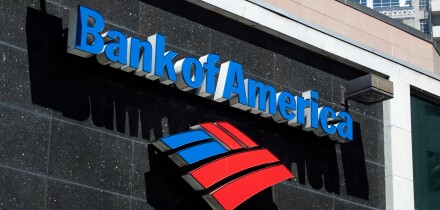
The corporate bond market was the place to be for UK firms with a host of FTSE 100 and 250 names in action, as well as housing associations and universities. Over the full year 2020, UK-based companies raised just over £20bn in their home currency, up from £14bn in 2019, according to Dealogic data, while issuance up to the start of June 2021 has already reached £8.4bn.
“Corporates took advantage of the market being in such great shape and went out to issue perhaps earlier than they might have done, whether as a debut or repeat borrower,” says Richard Sedlacek, managing director, debt advisory. “The UK’s Covid corporate financing facility was clearly a useful tool but with only a one year maturity, those companies that could access the bond markets for longer preferred to do so.”
The intensity of the last year was almost, but not quite, at the level of the 2008 credit crunch, and that meant that companies leaned on their advisors much more heavily than usual.
“It’s where advisors come into their own,” says Rory Cameron-Mowat, managing director, debt advisory. “We have all been through stressed periods before and we knew how to react, keep a level head and help our clients through it. We were the calm, reassuring voice at the end of the phone in what was an unprecedented situation.”
However, while the bond market was generally welcoming, it wasn’t all plain sailing. “The market was strong but there were bad days as well as good and navigating that challenge and judging when to go was really important for a company,” says Francis Burkitt, managing director of debt advisory.
The smooth manner in which companies and investors transitioned from physical to purely virtual bond roadshows was another clear highlight of the year – something that many had expected to happen in a matter of years before the pandemic, but was accelerated into a matter of days. “Investors really quite liked this format for a quickfire call where you could get straight to the heart of the matter rather than traipsing around in taxis,” says Burkitt. “It worked very well and was accepted very quickly.”
But the year’s big development was the coming of age of environment, social and governance (ESG) bonds. “Companies really embraced ESG this year but the average corporate treasurer hadn’t ever created a green or social bond framework before so it added complexity for them, and a need to liaise with colleagues across the firm.”
Rothschild & Co. has built strong credentials in ESG, last year, for instance, working on Burberry Group’s inaugural sustainability bond, the first from a luxury fashion company, and on Pearson’s education bond, proceeds from which will promote access to quality education and vocational training.
Convertibles and hybrids were also pushed further up the agenda as a result of the effects of the pandemic on corporate balance sheets. For equity-linked issuers, the damage to share prices caused by Covid meant that management and boards saw more appeal in a product allowing them to raise equity at a premium than in a cash transaction at a depressed level. Hybrids also offered an opportunity to efficiently bolster balance sheets.
“In a year where Covid impacted just about every sector to a greater or lesser extent, companies on the fringes of their rating objective issued hybrids in order to protect it,” says Sedlacek.
Rothschild & Co. is looking forward to guiding more debut corporates into the bond market as they look to refinance pandemic-era loans in bonds, the kind of uncovenanted format that gives comfort to company boards and audit committees, says Burkitt.
“The banks by and large supported corporates through Covid but the return pressures the banks face remain, and if anything heightened,” he says adds. “We are certainly having more conversations about option in the bond market and about credit ratings and we certainly expect to see more corporates over the next 12 to 24 months look at the refinancing potential the bond market has to play an increasing role for UK corporates.”






